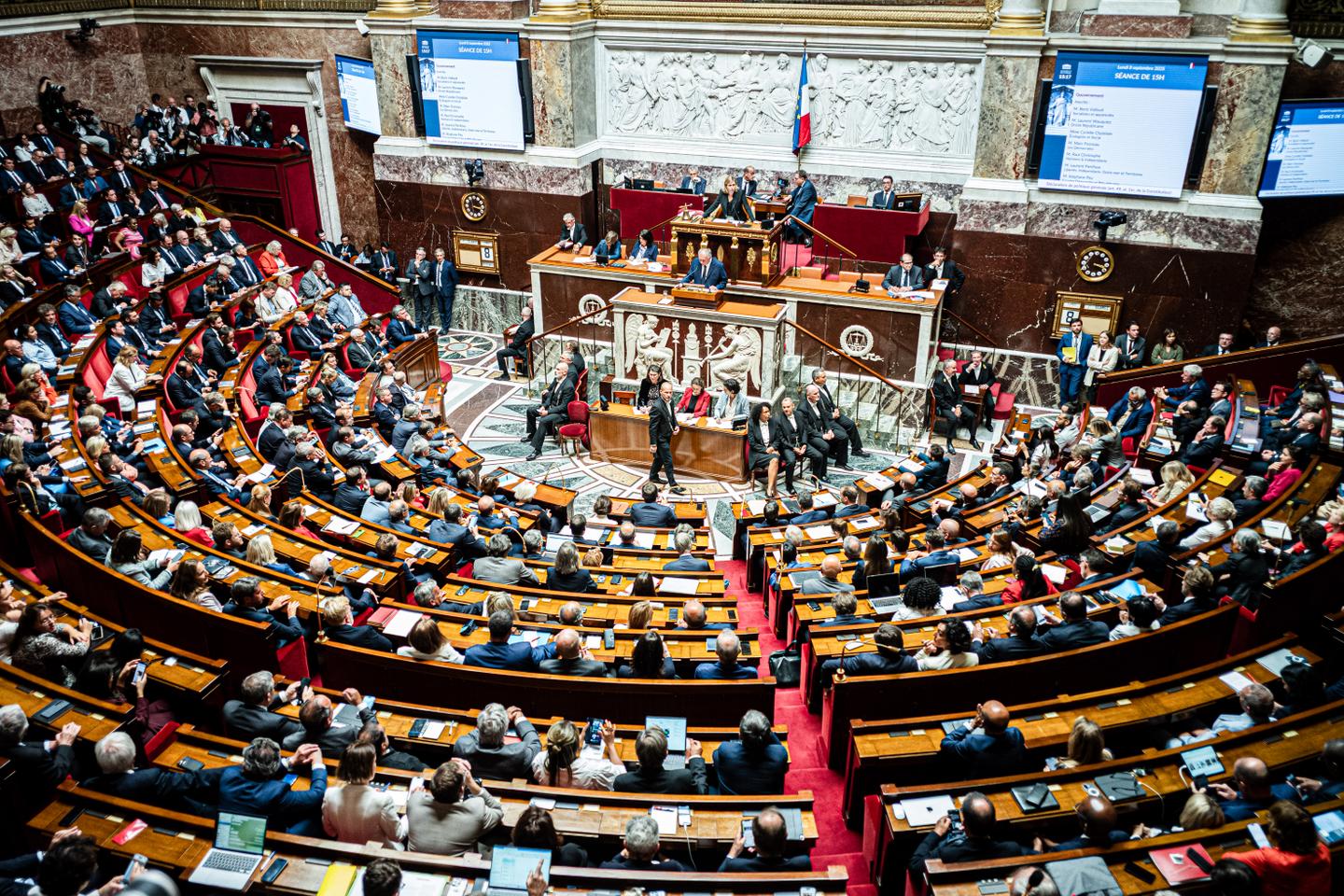


Prime Minister François Bayrou's fall, following his government policy statement on September 8, was entirely foreseeable. In a parliamentary system, a prime minister without a supporting majority of MPs is a dead man walking. Bayrou merely chose which date to inscribe on his government's death notice.
Yet, seeing as, until now, the government had escaped a vote of no confidence, it was as if no one had seen it coming. The prime minister's decision to seek a vote of confidence achieved the feat of being both inevitable and ill-timed. His ministers did not even try to hide their surprise, even though, as the Constitution states, a government policy statement must be preceded by a cabinet meeting. It is clear how much this requirement has become a mere formality.
Bayrou, the isolated head of a heterogeneous minority government, also made little effort to reach out to opposition parties, with whom deals might have been possible. How, then, can we not draw a parallel between the self-destructive September 8 policy statement and the equally solitary and self-defeating dissolution announced by President Emmanuel Macron in June 2024?
Roles reversed
Both decisions reflect a curious reversal of roles. From 2017 onward, President Macron sought to be his own prime minister, intervening in even the smallest details of both domestic and foreign policy. The actual prime minister was relegated to the background, turned into a super-chief of staff for the president.
This position as "his own prime minister" became increasingly untenable after 2022, because Macron no longer had an outright majority in the Assemblée Nationale. It became truly unsustainable after the 2024 dissolution. Conversely, both the previous prime minister, Michel Barnier, and, above all, Bayrou behaved like shadow presidents, claiming to govern without consulting the president sitting at the Elysée or being accountable to him.
In a situation that was not quite a classic "cohabitation," in which an outright majority supports a prime minister of a different political orientation than the president, they sought to take on the role given to the president during the heyday of what was known as "majoritarian" presidentialism: that of a genuine head of government.
You have 62.05% of this article left to read. The rest is for subscribers only.
